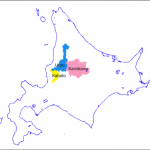
Awful Things Began to Happen: Rapid Change of Ainu Homeland and Convict Labour as Seen by the Ainu, By Minako Sakata
The Kamikawa region is one of areas that today still has relatively a large population of the Ainu. It is also the site of the most famous land dispute between the Hokkaido Government and the Ainu in the early 20th century. The Hokkaido Aborigines Protection Act of 1899, containing some restrictions and leading to many […]
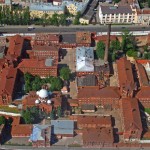
Reflections on the world’s largest prison
Several days ago, I broke from reading through the notes of nineteenth-century Russian penal inspectors to admire the 23rd edition of the International Prison News Digest, a publication of the Institute for Criminal Policy Research. As I perused this amazing compendium, I was struck anew by the way in which certain facets of the prison […]
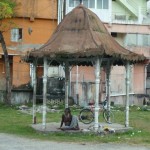
Legacies of a British penal colony: adivasis in the Andaman Islands
It is an unexpected pleasure to be back in the Andaman Islands for the first time in almost two years. I have been researching aspects of the Islands’ history for almost 15 years, and in 2013 completed a research project with two colleagues based in Ahmedabad: historian of science Dr Madhumita Mazumdar and anthropologist Professor […]

Playing Prometheus: some reflections from Australia
I have had the privilege to visit Australia for the past two months on a research trip thanks to the generous funding of the Menzies Centre for Australian Studies. I’m now a little halfway through my trip and have visited all but one convict sites where large numbers of ‘my’ convict subjects stayed or passed […]
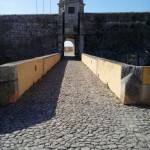
Peniche Fado
During a recent trip to Portugal I took the chance to visit the fortress of Peniche, situated on the rocky coast in the homonymous village, approximately one hundred kilometres north of Lisbon. The imposing fortress was built between the sixteenth and the early seventeenth centuries as part of a system of coastal defense against foreign […]

Remembering Exile and Transportation: some thoughts from Cape Town
Before I began The Carceral Archipelago project, my research was loosely centred on the history of Indian Ocean penal settlements and colonies, from the late nineteenth century to the Second World War. I have had the good fortune to work in archives across the region, including in Mauritius, India, the Andamans and Australia, and […]
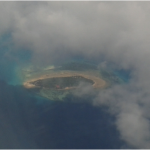
Zanzibar’s Prison Island: The Prison That Never Was, by Sarah Longair
My initial research on peculiar history of Zanzibar’s so-called Prison Island as part of the Carceral Archipelago project began last year delving into the records in the National Archives and the British Library. Relying on Foreign Office correspondence, I was able to piece together some of the original documents of the construction of prison buildings […]

A Promising Future: Convict Voyages to Western Australia by Kellie Moss
During a recent research trip to the State Library of Western Australia I had the opportunity to examine the journal compiled by William Smith, Surgeon Superintendent, on board the Merchantman’s second voyage to the Swan River Colony. [1] Leaving Portland on July 1st 1864, 257 convicted men were transported directly to Fremantle in a voyage […]
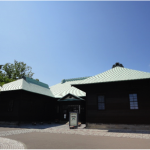
Town Commemorates Convicts, by Minako Sakata
At the end of August, I visited Tsukigata, a small town in Hokkaido where the Kabato Central Prison was located from 1881 to 1919. The town was established in the year when the prison opened, and named after its first director, Kiyoshi Tsukigata. This town has unique sites that show the history of Hokkaido as […]
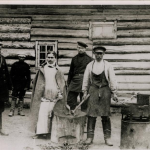
The Carceral Archipelago panel at the Fourth European Congress on World and Global History, 4-7 September, 2014
During the first week of September, members of our European Research Council funded project, Carceral Archipelago, attended the Fourth European Congress on World and Global History, held in Paris at the École Normale Supérieure. While at the Congress, a number of the project’s researchers had the exhilarating opportunity of presenting aspects of their research on a shared […]

Recent Comments